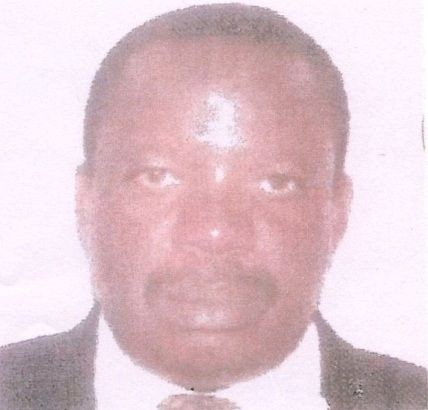By Ronny Otieno
Real change often starts with real people. While global conferences and billion-dollar solutions receive the spotlight, some of the most impactful sustainability work is unfolding quietly in local communities, led by young people who simply choose to take action.
The United People Global (UPG) Sustainability Leadership Programme is built on this truth. It equips young leaders with the knowledge, tools, and community needed to take meaningful action toward the United Nations Sustainable Development Goals (SDGs). These goals represent a global promise to end poverty, protect the planet, and promote peace and prosperity by 2030.
One of UPG’s most powerful features is its emphasis on storytelling. As part of its unique certification process, each participant is encouraged to nominate a journalist or storyteller to help document and share their sustainability journey.
This initiative reflects UPG’s belief that stories have the power to inspire, educate, and mobilise. Whether through online features, human-interest articles, or creative media, these stories help bring local efforts into global view.
One standout example is Tribe 09, also known as ‘Wave of Change’—a diverse and passionate team within the 2025 cohort of UPG Sustainability Leaders. Known for their bold thinking and collaborative spirit, Tribe 09 focuses on projects like climate education, clean energy outreach, and advancing social equity.
Their work is grounded in the principle of ‘think globally, act locally,’ and it shows in everything they do—from leading environmental workshops to hosting community clean-ups.
Nouran Farouk, a medical doctor and a member of Tribe 09, embodies this grassroots leadership. Her Tribe’s outreach recently led them to partner with a journalist to share their journey. It was not a publicity move—it was a call to amplify the voices of young changemakers often overlooked in mainstream media. Their goal was simple: to use storytelling as a bridge between communities, ideas, and action.
“We’re not just learning about sustainability,” says Nouran. “We’re living it—finding ways to make it relevant in our neighbourhoods, schools, and daily lives.”
Through their work, Tribe 09 is proving that sustainability is not about perfection. It’s about participation. They are creating ripples of change that inspire others to reflect, adapt, and act. Their collaboration with storytellers has added another layer of impact, connecting their work with a wider audience and encouraging others to embark on their own sustainability journeys.
UPG’s program continues to grow, with over 13,600 people applying to join the 2025 class. More than 1,000 participants from 100+ countries have completed the nine-week training, going on to implement projects across all regions of the world. Some are even selected for an advanced, fully-funded in-person experience on Hurricane Island in the USA, further strengthening their ability to lead.
Through the lens of Tribe 09 and their collaboration with journalists, we see a model that works: young leaders driving change, supported by a global network, and empowered by the stories they share. It is a reminder that sustainability is not just a technical goal—it’s a human story.
To learn more about the UPG Sustainability Leadership Programme or to join the movement, visit https://upglive.org/UPGSustainability.
Ronny Otieno is a journalist based in Kenya.












